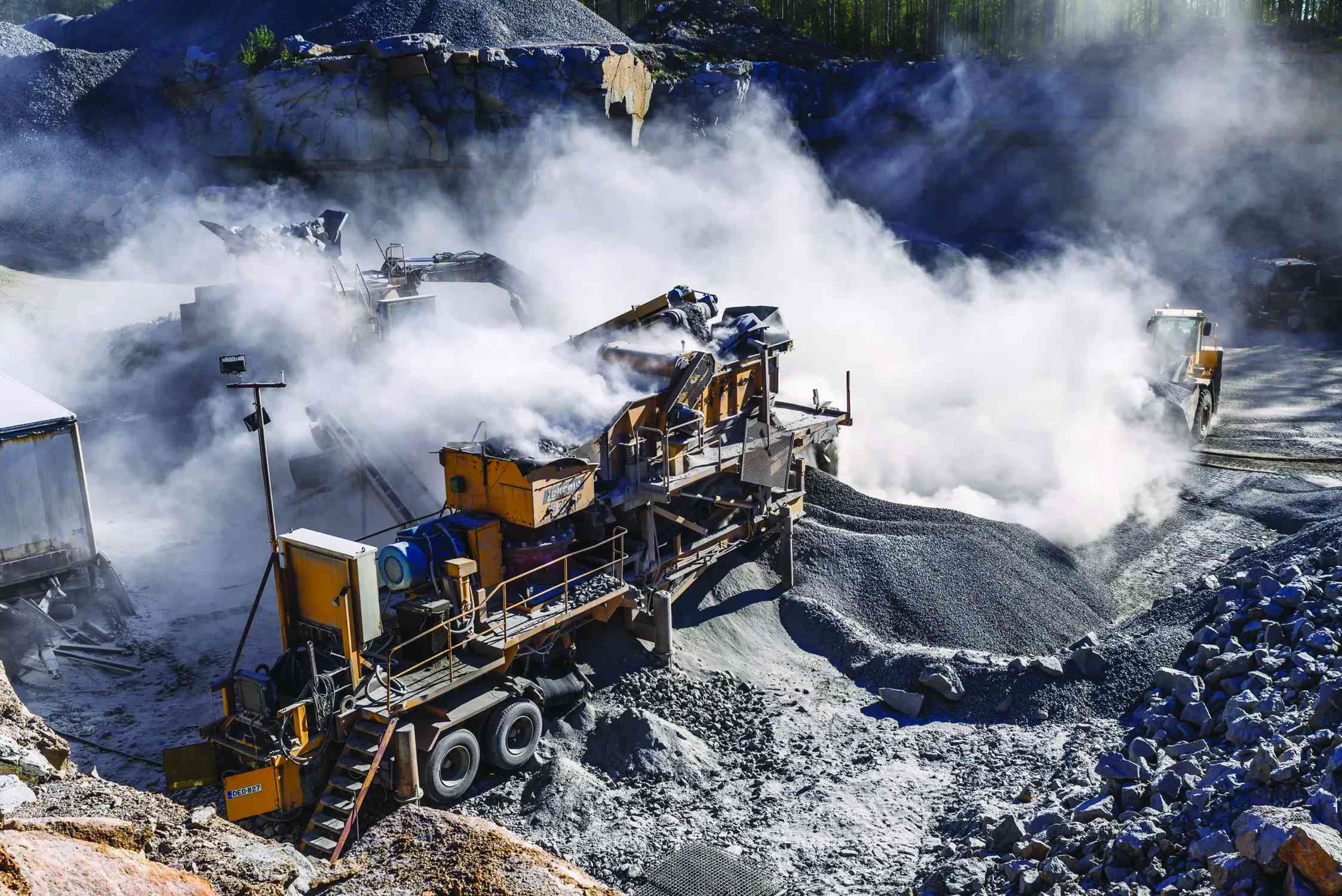
ZIMBABWE is grappling with significant job losses in its retail and mining sectors, exposing deep-seated structural weaknesses in the economy as power shortages, policy inconsistencies, and subdued global demand take their toll.
Industry reports reveal that thousands of jobs have already been cut, with more retrenchments on the horizon.
Major retail chains have either scaled down operations or shut down entirely, while key mining firms, vital sources of foreign currency, are reducing output across lithium, platinum, coal, and diamond projects.
Confederation of Zimbabwe Retailers (CZR) president Denford Mutashu said the retail sector is buckling under the weight of macroeconomic instability, falling consumer demand, and a sharp decline in business confidence.
“The Confederation of Zimbabwe Retailers shares the concern of workers, consumers, and industry stakeholders over these troubling developments, which reflect broader structural and economic challenges facing the retail and wholesale sector,” Mutashu said.
While exact figures are difficult to verify, the extent of the downturn is substantial. Formal retailers are struggling to survive amid softening demand, sky-high interest rates, erratic electricity supply, and growing competition from the informal market.
“The sector, which remains one of the largest employers in the formal economy, is under considerable pressure. Instability in the sector directly impacts employment and weakens the broader value chain, including manufacturing, agriculture, transport and logistics,” Mutashu added.
He urged the government to introduce a targeted bailout fund, concessional loans, lower interest rates under existing state-supported schemes, and urgent regulatory reforms to ease the burden on formal businesses.
- Drama at City of Harare bosses trial
- Price of bread skyrockets again
- Price of bread skyrockets again
- City of Harare bosses defiant in Borrowdale house demolition case
Keep Reading
The mining sector is also in distress.
Justice Chinhema, secretary-general of the Zimbabwe Diamond and Allied Minerals Workers Union, described the situation as “scary”, noting widespread retrenchments, especially in the lithium industry, with over 2 000 workers affected.
“The mining sector has been affected. Job losses were in the lithium sector most, and over 2 000 workers were affected,” he said.
“The diamond sector is under threat, with Zimbabwe Consolidated Diamond Company already given voluntary retrenchment notice. Compulsory retrenchment is on its way.
“The platinum sector is equally not stable; prices are crumbling due to geopolitical issues between the West and the East.”
He warned that RioZim, one of Zimbabwe’s largest private employers, is nearing operational collapse, with over 2 000 additional workers at risk.
He called on the government to fast-track value addition policies to ensure minerals are processed locally — potentially expanding domestic employment along the value chain.
“If our minerals are not exported [in raw form], then new jobs in the value chain will be emerging,” Chinhema said.
He also raised alarm over the long-term fallout from the global transition away from coal, which could further destabilise employment in the sector.
The crisis is also hitting labour unions hard.
Zimbabwe Congress of Trade Unions (ZCTU) president Florence Mucha Taruvinga said retrenchments in the retail sector are eroding union membership, an indicator of the broader collapse of formal employment.
“We are greatly concerned as a trade union about the current state of affairs,” she said.
“The retail industry has retrenched quite a significant number of workers. We have noticed a marked decrease in membership ... and this we associate with the closing down of retail outlets and the breakdown in the value chain.”
Taruvinga urged urgent dialogue between government, business leaders, and labour representatives to address the worsening jobs crisis and align policies with international labour standards.
Caleb Mucheche, chairperson of the Association of Labour Practitioners of Zimbabwe, likened the situation to a humanitarian crisis, saying the labour market is “caught between a rock and a hard place”.
“Some employers are shedding staff due to depressed capacity utilisation, whilst some employees are crying foul due to what may be described as slave working conditions … compounded by swimming and drowning in the jaws of abject poverty and penury,” he said.
While acknowledging government efforts to improve the investment climate, Mucheche criticised the lack of tangible outcomes.
“More practical action is required as opposed to some empty pub or beerhall talk ... so that deliverable and tangible results are produced for the benefit of the people of Zimbabwe, not just a talkshop,” he said.
The twin crises in retail and mining threaten to cripple Zimbabwe’s already fragile formal economy, draining tax revenues, heightening household vulnerability, and forcing more citizens into informal trade or dependence on remittances.
Analysts warn that without bold, immediate interventions, from stimulus packages to decisive policy reforms, Zimbabwe risks entering a prolonged period of industrial decline and labour market erosion, with serious social and political ramifications.






